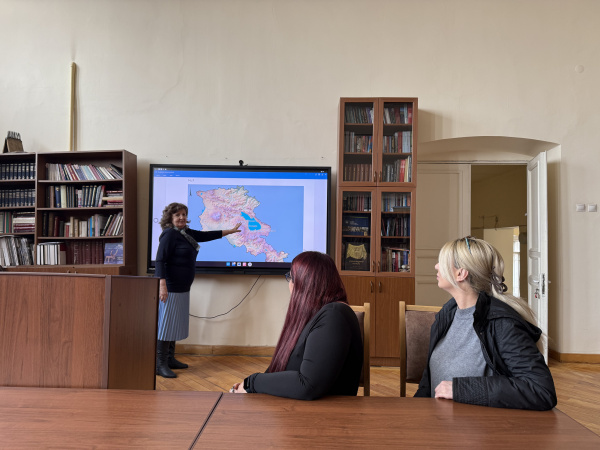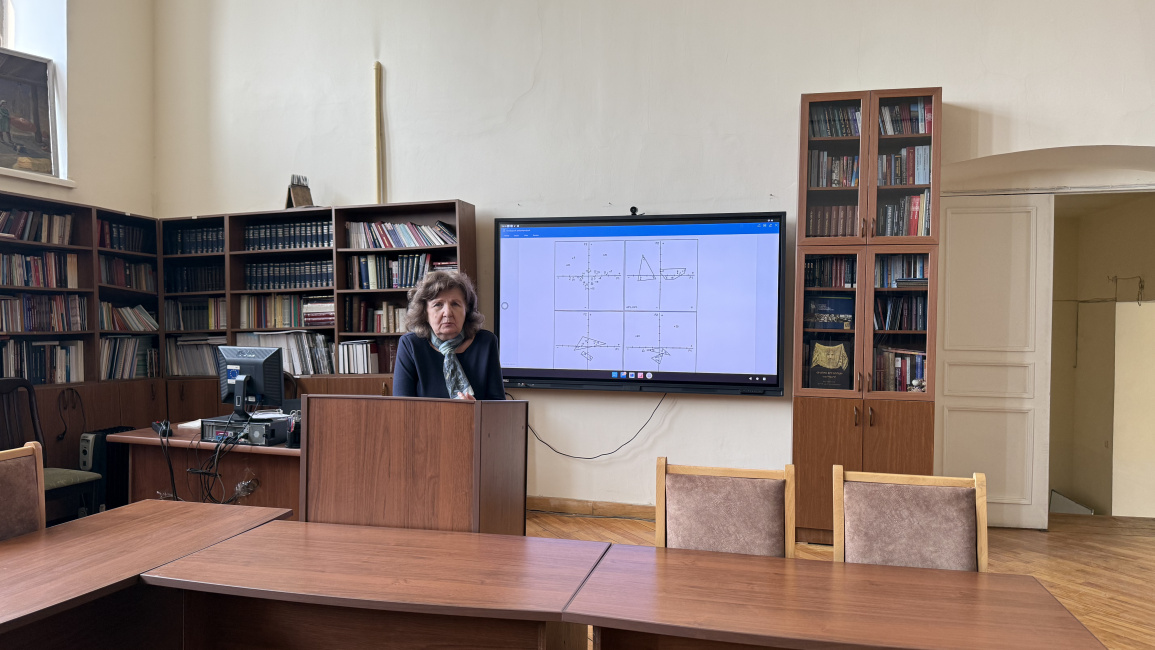YSU Faculty of History hosted a seminar on the topic "Bioarchaeology of Middle and Late Bronze Age Populations of Sevan Basin." Associate Professor Ruzan Mkrtchyan from the Chair of Cultural Studies presented the results of the research conducted within the framework of the Ministry of Education, Science, Culture, and Sport of the Republic of Armenia’s grant program. The lecture was part of the final seminar of YSU's scientific results.

The speaker presented the findings of the bioarchaeological studies conducted on the Middle and Late Bronze Age populations of the Sevan Basin. She emphasized the unique significance of this region, noting that organic materials are exceptionally well-preserved here, and the archaeological finds are so abundant that one of the largest collections of the USSR was formed from these excavations.
Through the bioarchaeological analysis of human bone remains, it is possible to reconstruct the lifestyle of ancient societies. The scientific team's research involves modern excavation techniques, documentation of anthropological finds, and accurate diagnostics.
"Bone remains contain highly precise information. By studying the bones of different individuals and correlating the results, we can reconstruct the lifestyle, quality of life, prevalent diseases, life expectancy, gender and age characteristics, anthropological type, mortality rates, and burial rituals of that population," emphasized Ruzan Mkrtchyan.
The speaker also provided a detailed account of the methodologies applied during the research and the new data obtained regarding the Sevan Basin population.
The seminar concluded with a discussion, covering new approaches and proposals for further research.


